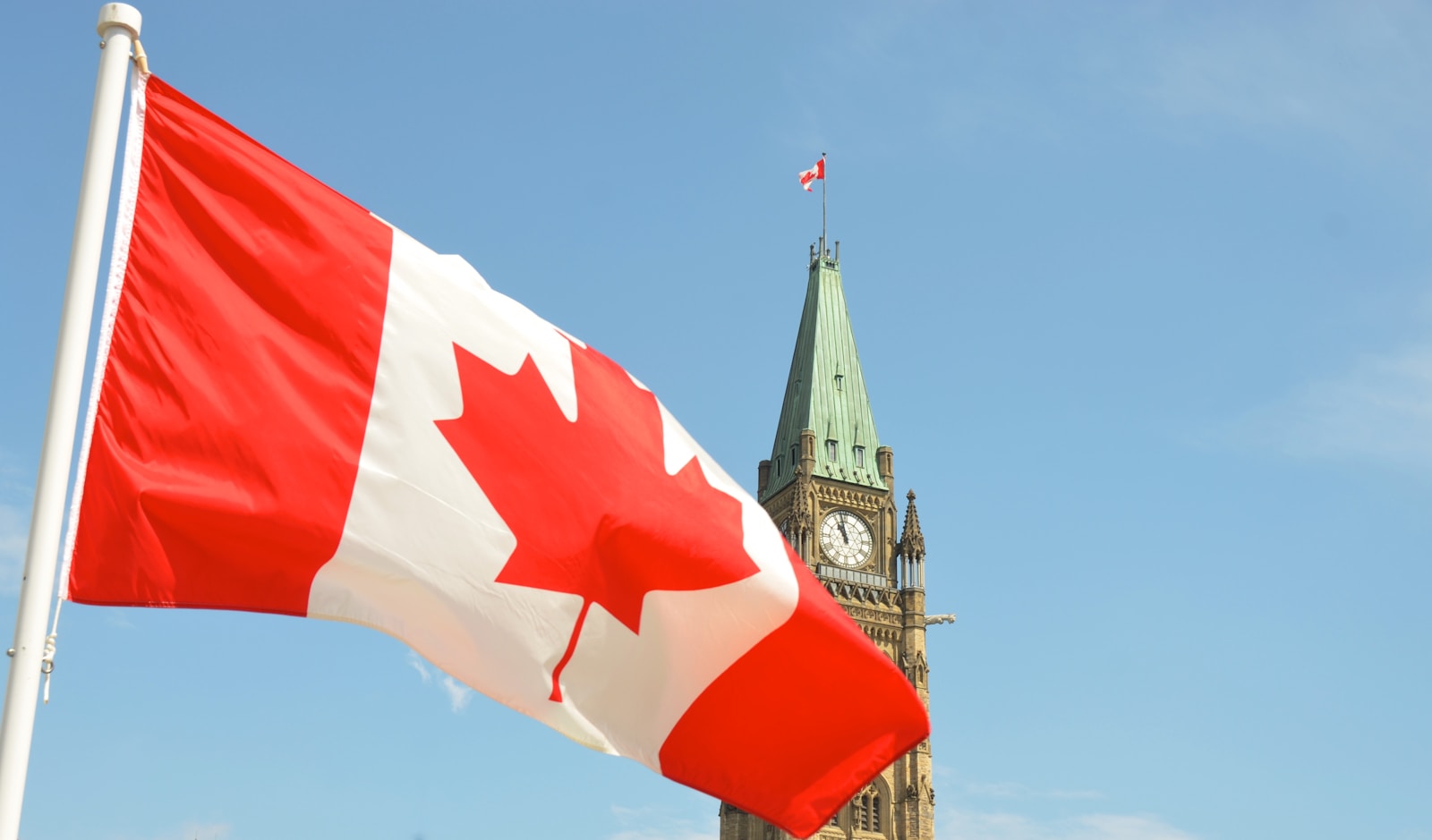Understanding Free Canadian Government Grants & Debt Relief Services

Navigating the world of debt relief can be overwhelming and sometimes misleading, especially when you come across terms like “free government grants” or “government-approved debt relief services.” It’s crucial to understand that while the Canadian government provides various regulations and licenses for financial services, the funding for debt relief does not typically come directly from the government itself. Instead, private companies that adhere to government regulations offer these services.
The Misconception of ‘Government Loans’ and ‘Government Approved’ Services
One common misconception is that debt relief services advertised as ‘government loans’ are funded directly by the Canadian government. This is not the case. These services are provided by private companies that are regulated by government rules to ensure fair practices. The money you receive comes from these companies, not directly from government funds.
When a service claims to be ‘government approved,’ it is important to approach this with a critical eye. This term often implies that the service is more credible or prestigious due to supposed government endorsement. However, being regulated by the government does not equate to approval or recommendation by the government. Any legitimate debt relief company must comply with specific regulations and obtain the necessary licenses, but this does not mean they are directly endorsed by the government.
Regulated Services vs. Government Endorsement
Regulated services mean that the company operates within the legal framework set out by the government. This includes adherence to laws designed to protect consumers from unfair practices. However, it is essential to distinguish between regulation and endorsement:
Regulation: Ensures the company follows legal and ethical guidelines.
Endorsement: Implies an official recommendation or approval, which is not typically the case for most debt relief services.
Always conduct thorough research and consider multiple options before settling on a debt relief service. Misleading claims can lead to poor decision-making, and understanding the distinction between regulated and endorsed can help you make more informed choices.
Debt Relief Options Available in British Columbia
If you are struggling with debt, you have several options to help you manage and potentially eliminate your debt. Each option comes with its benefits and considerations:
Debt Consolidation BC
Debt consolidation involves combining multiple debts into a single loan or credit line, ideally with a lower interest rate. Typically, individuals turn to banks, credit unions, or specialized debt consolidation companies to secure these loans. They will evaluate your financial situation and offer a loan that covers your outstanding debts. Alternatively, some debt consolidation companies negotiate with creditors to secure favorable terms for their clients. By consolidating debts, individuals can simplify their monthly payments and potentially save money on interest over time.
Debt Settlement
Individuals can try to negotiate with their creditors on their own or seek the help of a debt settlement company. Debt settlement companies negotiate with creditors on behalf of their clients, for a fee, aiming to reduce the total debt burden. While debt settlement can provide relief from overwhelming debt, it may have adverse effects on credit scores and your ability get a loan in the future.
Credit Counselling
Credit counselling involves working with professionals to assess financial situations, create budgets, and develop debt management plans. Non-profit credit counselling agencies and certified counsellors offer guidance and assistance in managing debts. They provide personalized financial advice, help individuals understand their options, and develop strategies to repay debts over time. Credit counselling aims to improve financial literacy and empower individuals to make informed financial decisions.
Bankruptcy
Filing for bankruptcy in BC is a legal process administered by licensed insolvency trustees (LITs) that allows individuals or businesses to discharge most of their debts. LITs assess financial situations, guide individuals through the bankruptcy process, and administer bankruptcies or consumer proposals. While bankruptcy provides relief from overwhelming debt, it has significant consequences for credit scores and financial status.
Consumer Proposal
Filing a consumer proposal in BC is a legally binding agreement between individuals and creditors to repay a portion of debts over a specified period. Licensed insolvency trustees facilitate consumer proposals, working with individuals to develop proposals that meet creditor approval. This option offers an alternative to bankruptcy and allows individuals to avoid some of its more severe consequences.
Choosing the right debt relief option requires careful consideration of your financial situation, goals, and the potential impact on your credit. Whether individuals choose debt consolidation, debt settlement, credit counselling, bankruptcy, or a consumer proposal, taking proactive steps to address debt can lead to improved financial well-being.
Consulting with a licensed insolvency trustee in BC can provide you with personalized advice tailored to your specific needs.


